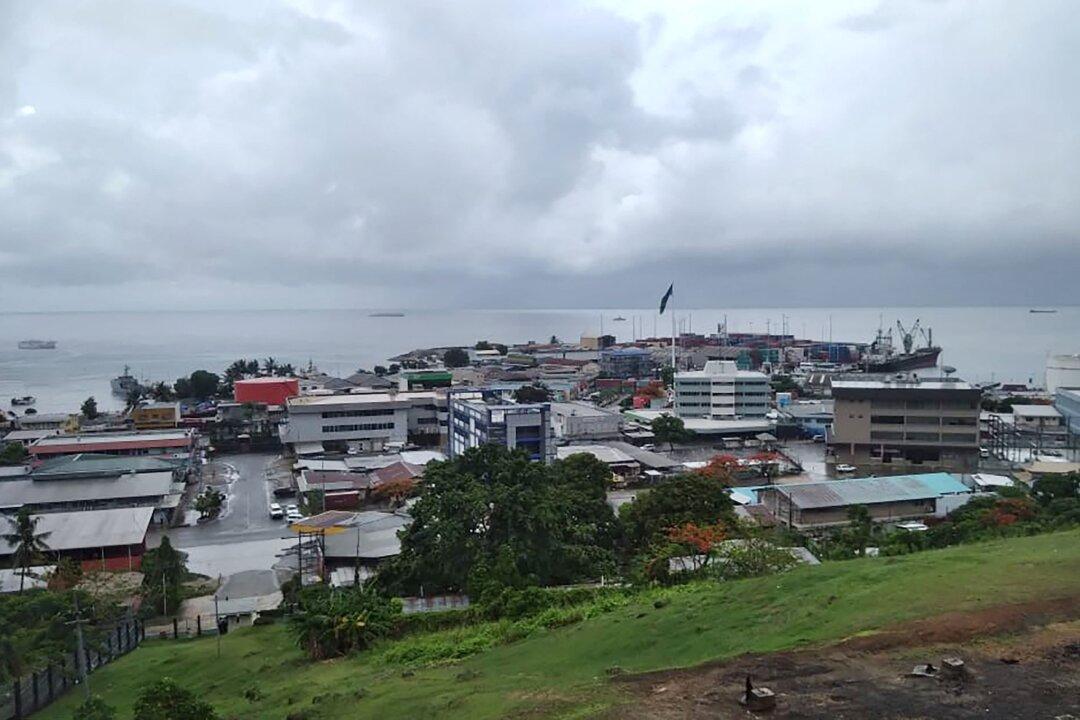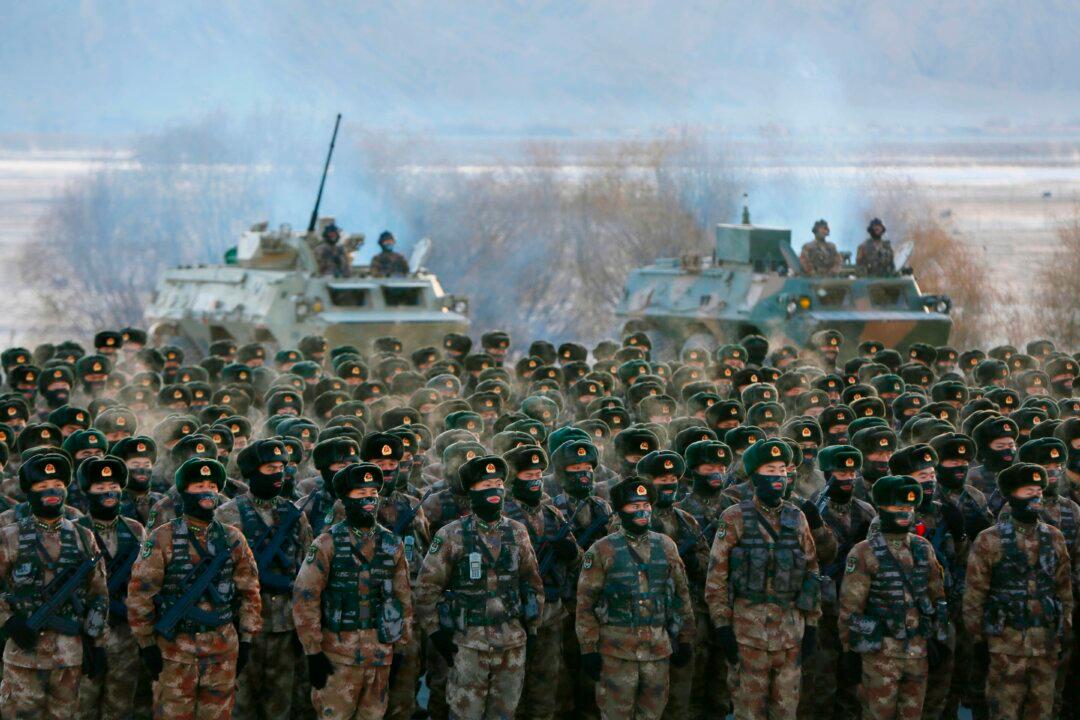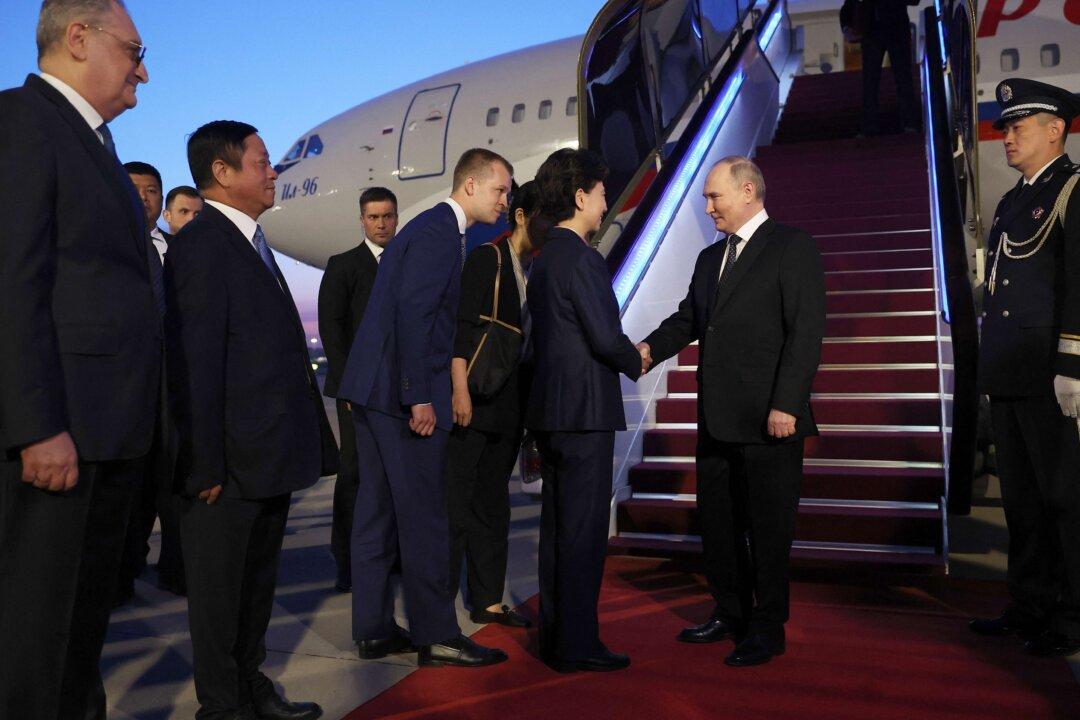Commentary
Small states and their actions are key indicators of U.S. power. They allow Washington to perceive which way the geopolitical winds are blowing because small states get a vote regarding whether they seek to align with the United States or its enemy, communist China. Two recent events reveal that the evidence is mixed. That means the United States has considerable work to do to fight China globally, including in small states. They are often on the frontline of the Sino-American clash and must be supported when they resist China’s depredations.





